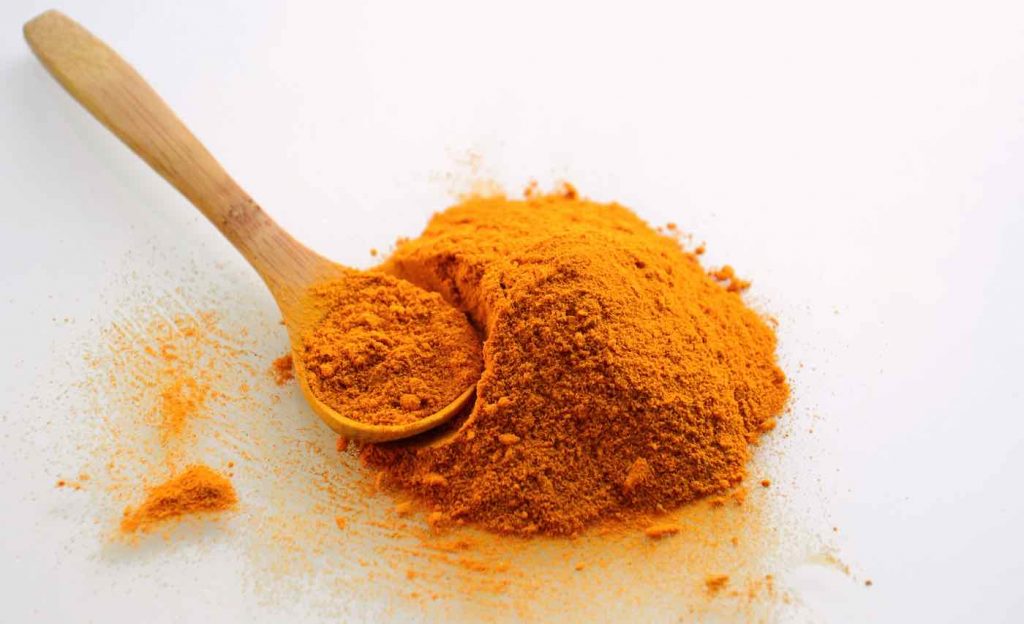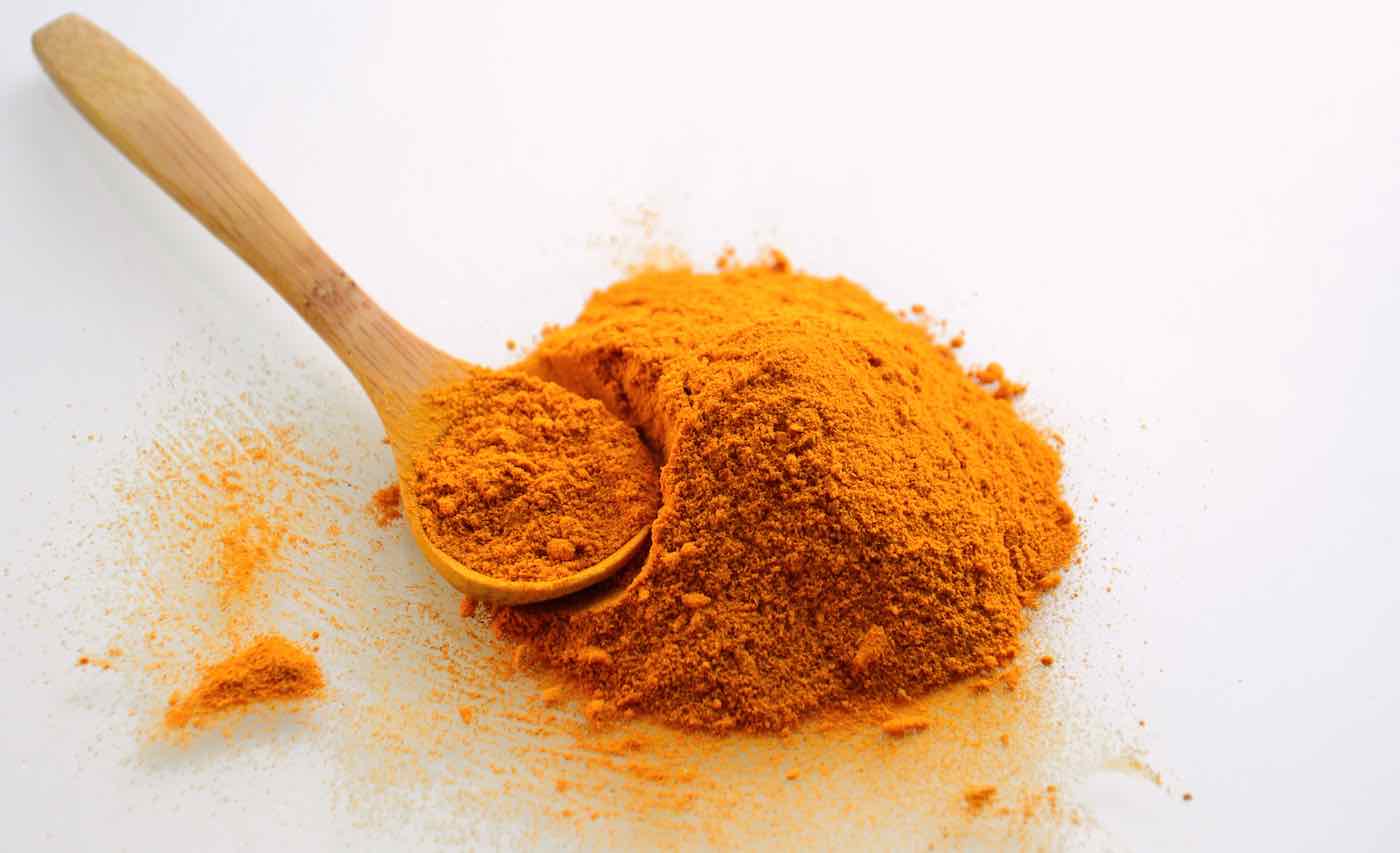
In a meta-analysis of randomized controlled trials, curcumin, the active ingredient in turmeric, was found to improve mobility and stiffness in those suffering from osteopenia and osteoarthritis.
Curcumin is simply one of the most incredible natural therapeutic compounds known in foods and has been investigated for its effects on everything from cancer to autoimmune disorders.
As strange as it might seem, this tuber may also be beneficial for preventing age-related degeneration in bone tissue and joints through the stimulation of osteoblast formation and activity, and the inhibition of osteoclasts.
Osteoblasts and osteoclasts are both bone tissue cells, but if the former outpace the latter, bone degeneration can occur. Curcumin also has other effects on bone tissue.
While some studies have shown robust effects of curcumin supplementation on bone health, others have been far less conclusive. A team of Iranian scientists led by Mohammed Bideshki at Tabriz University of Medical Sciences ran an umbrella analysis of meta-analyses of randomized-controlled studies on the topic to hopefully provide a clearer picture.
Over one-half of older women have osteopenia and nearly 37% of U.S. adults have osteoarthritis, making easy-to-take, natural compounds urgently needed to address the phenomenon.
“The results strongly support curcuminoid supplementation in relieving pain, improving joint mobility and stiffness, and shortening medication usage of [osteoarthritis] patients,” the authors conclude.
Curcumin is actually poorly absorbed into the body when consumed through food.
Chris Kresser, MS, from the California Institute of Functional Medicine, wrote recently on the topic that supplement companies have been trying to develop a form of curcumin that is more readily taken up in the GI tract for years.
BE SURE TO CHECK OUT: Porcini Mushrooms Rank Among Highest in the World for Rare ‘Essential Vitamin’
One formula called NovaSol has been shown to be 185 times more absorbable than curcumin in food, and it is the formula he recommends to his patients as a practicing clinician.
While it’s important to seek proper medical advice before taking anything in high doses, some studies have shown that humans can tolerate as many as 8 grams (8,000 mg) of curcumin per day without issue, which is far above the levels commonly seen in commercial supplements.
OTHER NUTRICEUTICALS: Hydrolyzed Collagen Supplements Are Good for Health: Benefitting Hair, Skin, Joints, and Muscles
While it’s no guarantee that curcumin supplementation will improve outcomes in osteopenia and osteoarthritis, it has powerful anti-inflammatory effects that may alleviate the pain associated with these conditions.
SHARE This Interesting Insight With Anyone You Know Suffering With Arthritis…
Editor’s Note: This story has been altered to clarify Chris Kresser’s certification as an MS, not an MD.




















